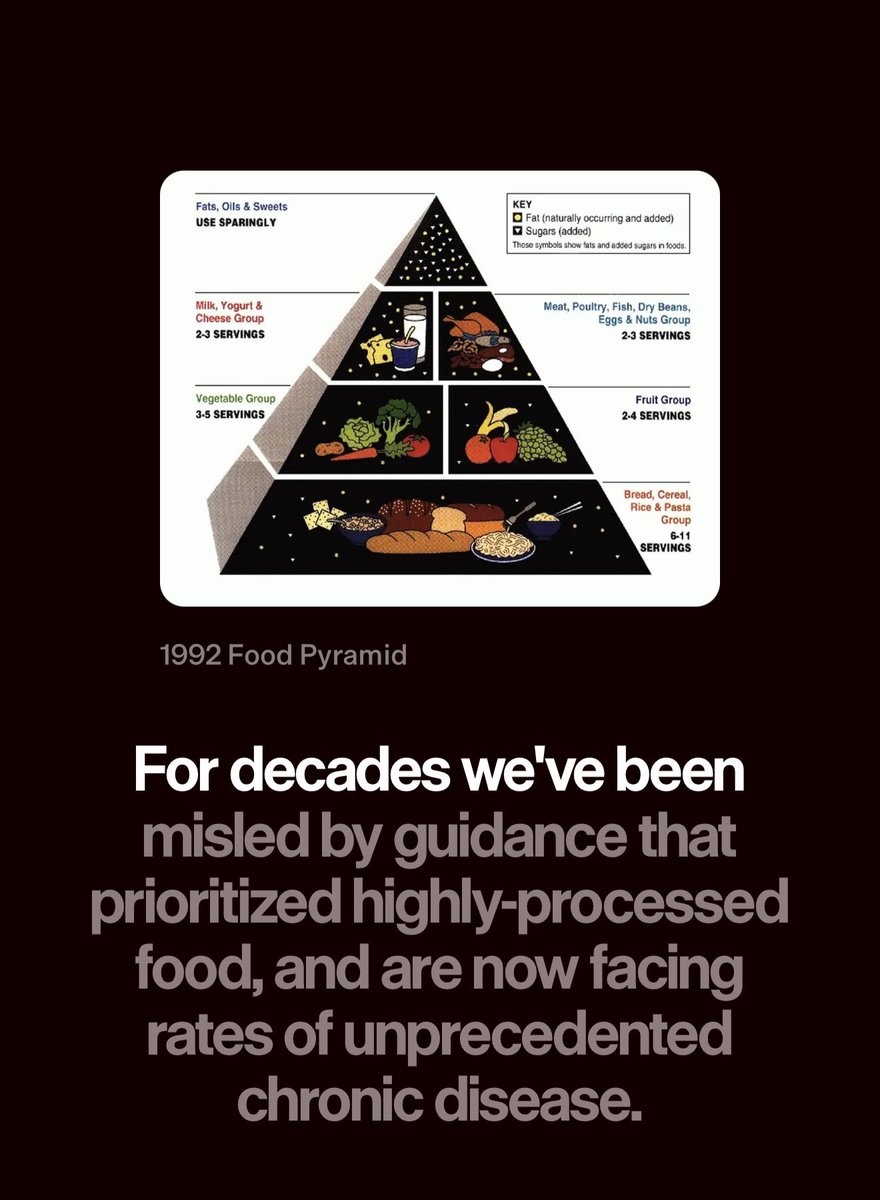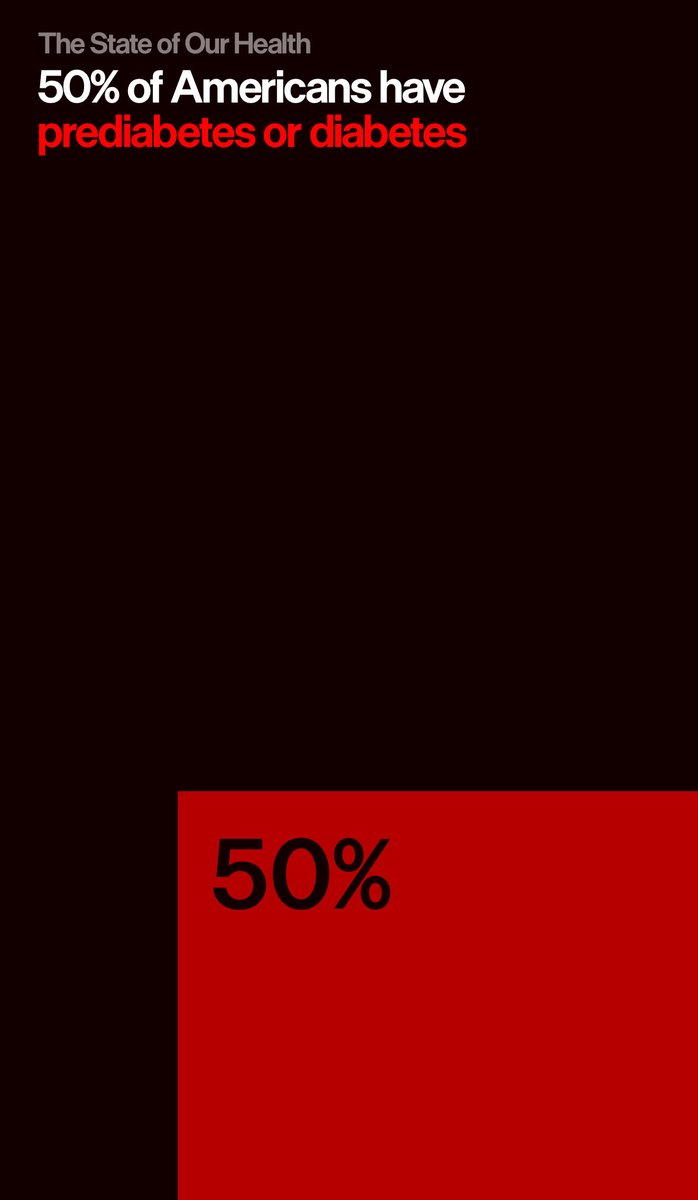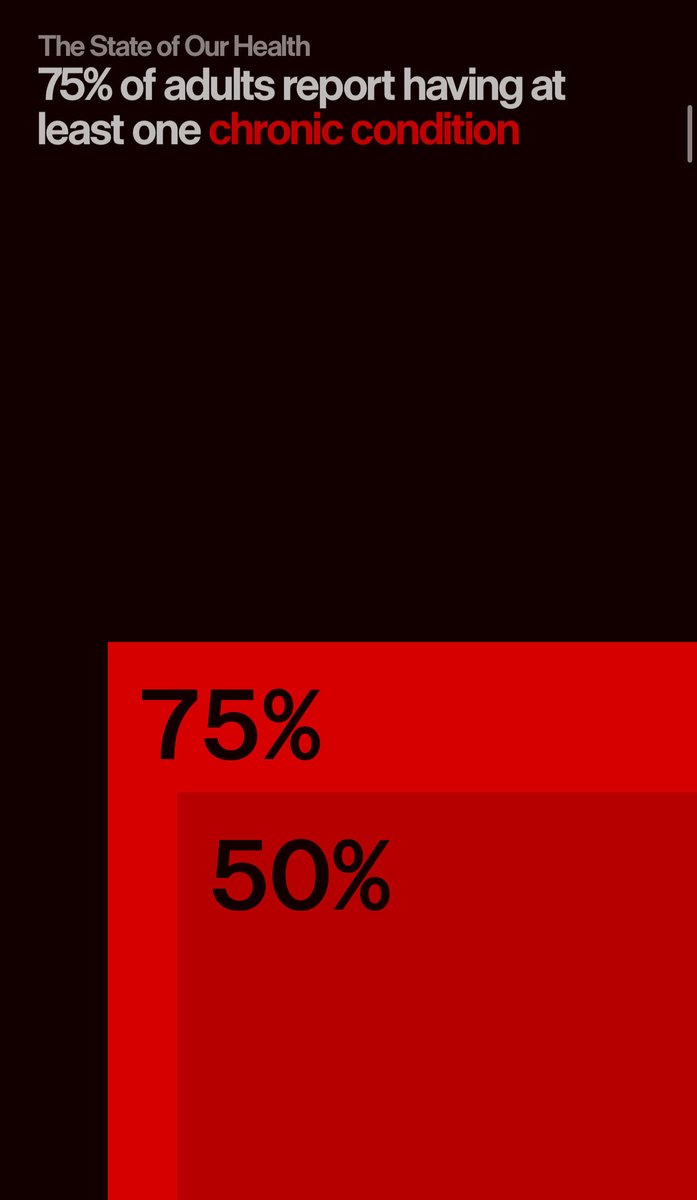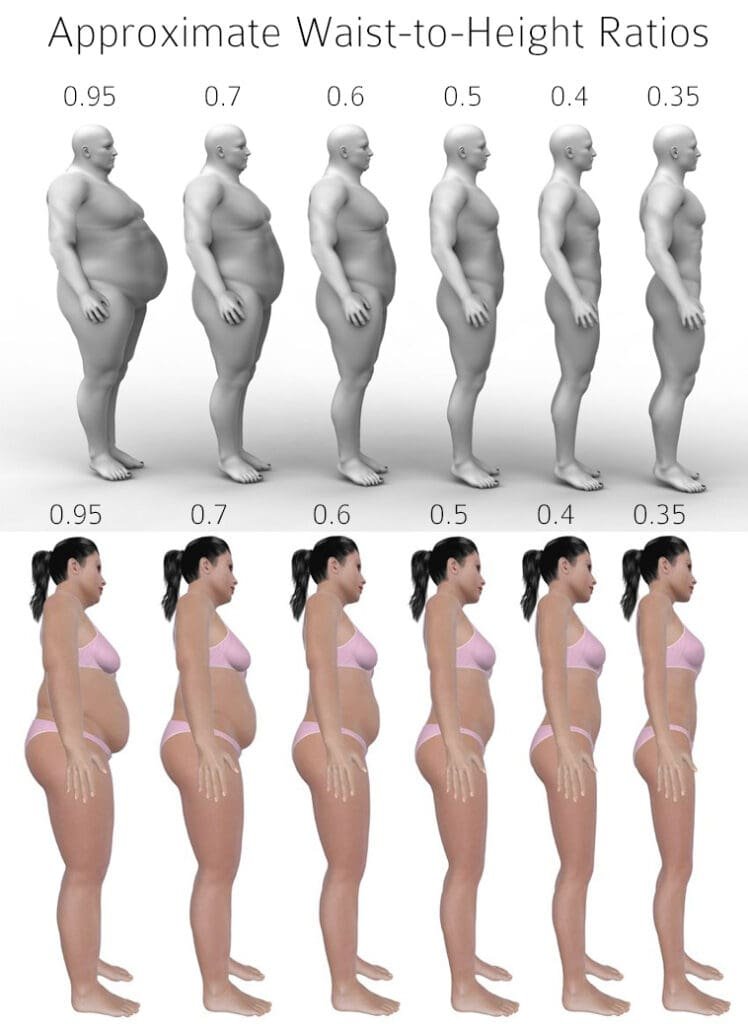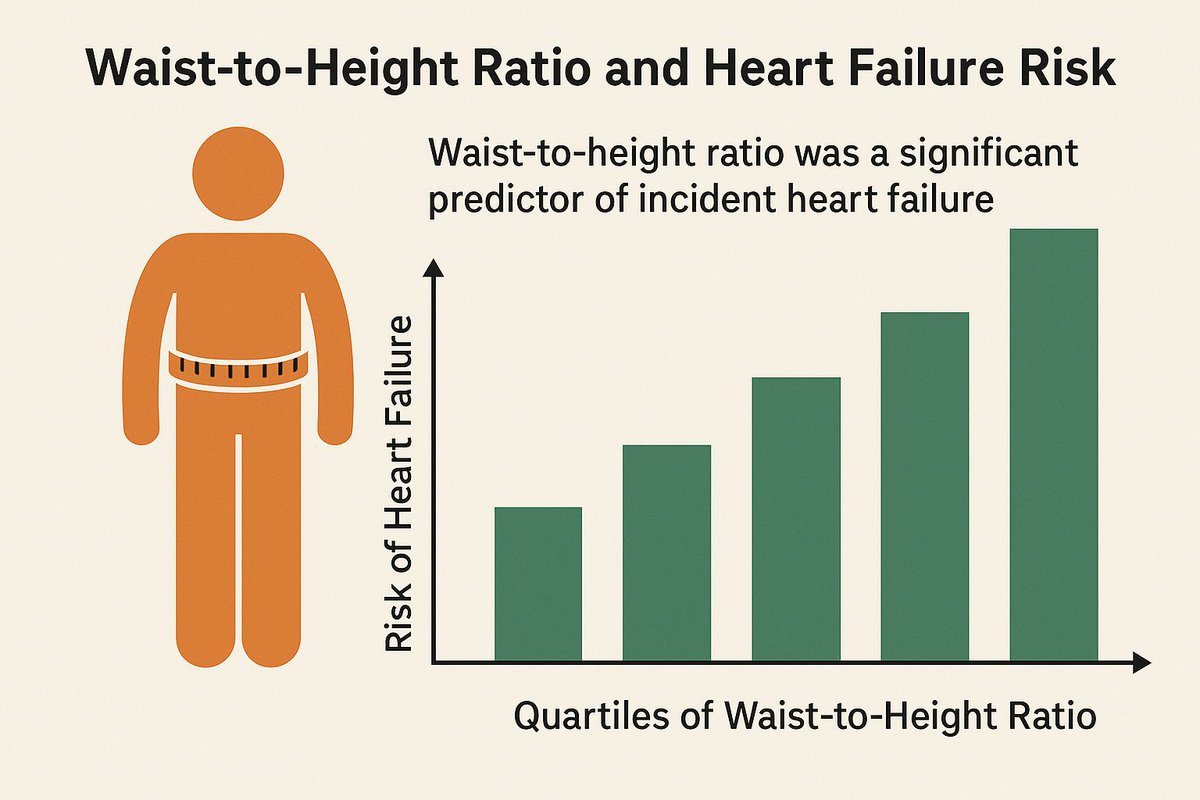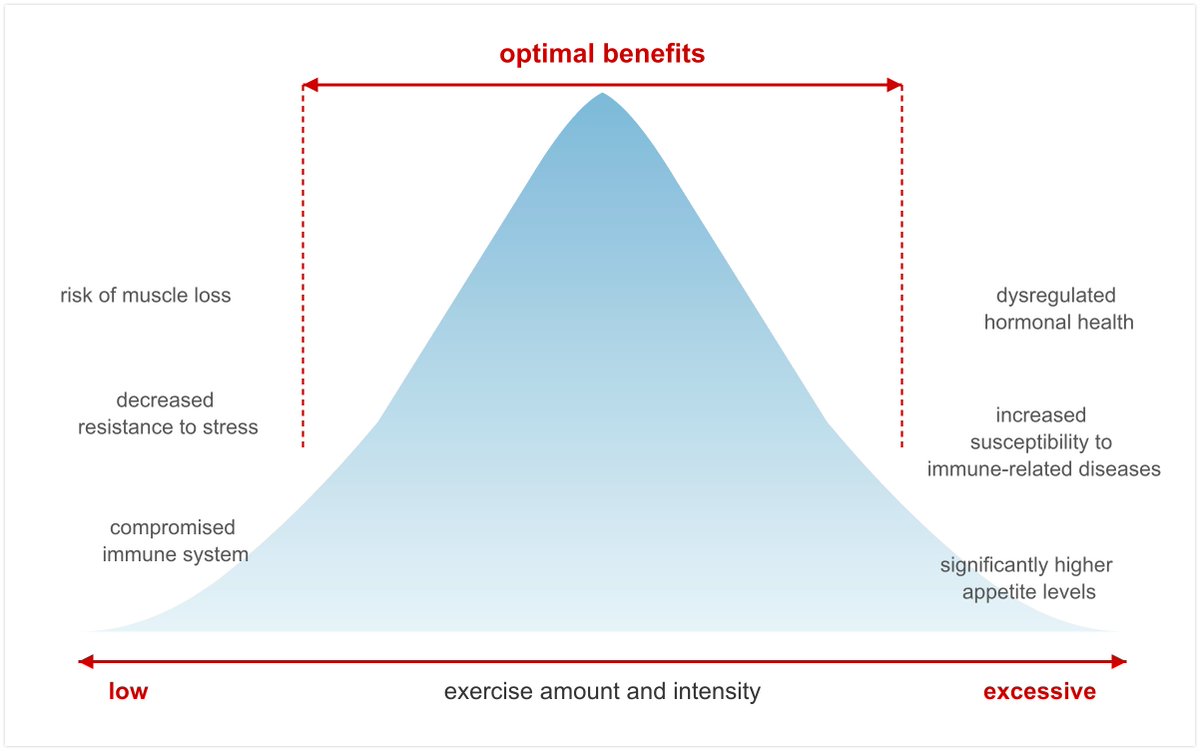You've probably heard about the importance of autophagy, but may have wondered what it is
By enhancing autophagy, we can live longer and in better health.
What is autophagy?
Thread 👇
By enhancing autophagy, we can live longer and in better health.
What is autophagy?
Thread 👇
Autophagy is the self-cleansing process that cells use to recycle junk molecules and organelles.
Cells constantly synthesize enzymes and structural molecules, which get damaged in the course of the life of the cell.
Cells constantly synthesize enzymes and structural molecules, which get damaged in the course of the life of the cell.
To function optimally, cells must break down and recycle these molecules that are past their expiration date and make new ones.
To do this, they use autophagy, a word derived from the Greek for "self-eating".
To do this, they use autophagy, a word derived from the Greek for "self-eating".
The term was coined by the Belgian scientist Christian de Duve, who not only got a Nobel Prize for his work on autophagy, but was also named a viscount. 

The 2016 Nobel Prize in Medicine or Physiology went to Yoshinori Ohsumi, for his discoveries of mechanisms for autophagy. 

When a cell lacks nutrients, autophagy increases, partly to supply necessary nutrients until a regular supply resumes.
Autophagy is "evolutionarily conserved", which means it occurs in virtually all eukaryotic cells, from yeast to insects to mammals.
Autophagy is "evolutionarily conserved", which means it occurs in virtually all eukaryotic cells, from yeast to insects to mammals.
How important is autophagy?
It is "essential" for life extension.
That is, every practice or method of life extension known also increases autophagy.
It is "essential" for life extension.
That is, every practice or method of life extension known also increases autophagy.

When organisms including humans are young, they're able to upregulate autophagy easily, but this ability declines with aging, resulting in accelerating accumulation of cellular waste.
This has been termed the garbage catastrophe of aging. tandfonline.com/doi/abs/10.117…
This has been termed the garbage catastrophe of aging. tandfonline.com/doi/abs/10.117…
Rapamycin, the most promising life extension drug, increases autophagy through mTOR inhibition, and this may be a key way in which it fights diseases of aging and increases lifespan.
sciencedirect.com/science/articl…
sciencedirect.com/science/articl…
Intermittent fasting, by stopping nutrient supply, increases autophagy, which may be central to its benefits. tandfonline.com/doi/full/10.41…
Exercise is also a powerful way to increase autophagy, perhaps even more powerful than short-term fasting.
The higher the exercise intensity, the higher the autophagy activation.
faseb.onlinelibrary.wiley.com/doi/full/10.10…
The higher the exercise intensity, the higher the autophagy activation.
faseb.onlinelibrary.wiley.com/doi/full/10.10…
A ketogenic diet induces autophagy, although this area of research is fairly new.
tandfonline.com/doi/abs/10.108…
tandfonline.com/doi/abs/10.108…
In old animals, an anti-lipolytic drug (a vitamin B3 analogue) has an anti-aging effect by increasing autophagy.
sciencedirect.com/science/articl…
sciencedirect.com/science/articl…
In summary, many life extension effects converge on the induction of autophagy, which rids cells of junk.
Autophagy is the ultimate "cleanse"
It can be increased through fasting, exercise, diet, and various drugs.
Autophagy is the ultimate "cleanse"
It can be increased through fasting, exercise, diet, and various drugs.
Maximizing Longevity and Healthspan: Multiple Approaches All Converging on Autophagy
Exercise, fasting, rapamycin, and metformin all increase autophagy and extend lifespan.
frontiersin.org/articles/10.33…
Exercise, fasting, rapamycin, and metformin all increase autophagy and extend lifespan.
frontiersin.org/articles/10.33…
Autophagy activation alone increases lifespan in mice nature.com/articles/ncomm…
"Garb-aging" is caused by cellular debris that leads to inflammation, and increasing autophagy can fight it.
Fasting and exercise, among other interventions.
sciencedirect.com/science/articl…
Fasting and exercise, among other interventions.
sciencedirect.com/science/articl…
All lifespan extension paradigms can be explained by increased autophagy.
ncbi.nlm.nih.gov/pmc/articles/P…

ncbi.nlm.nih.gov/pmc/articles/P…

• • •
Missing some Tweet in this thread? You can try to
force a refresh


